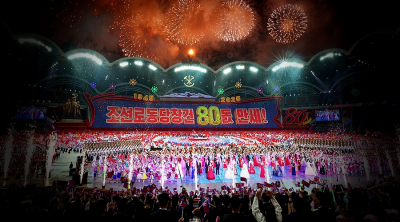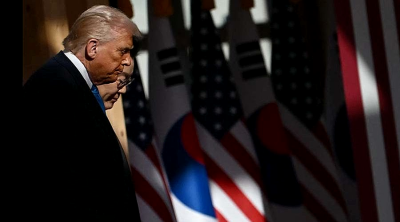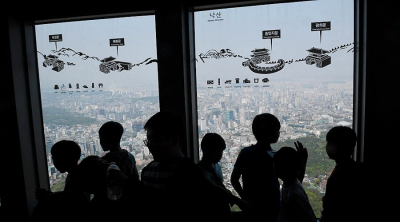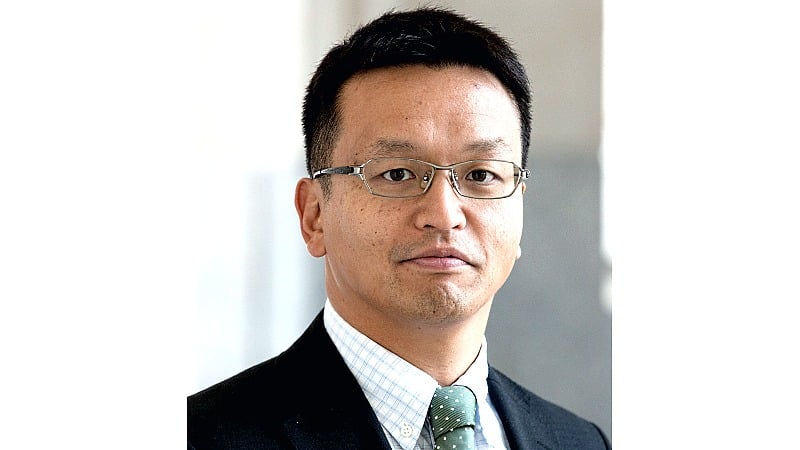
Lee Jae-myung was inaugurated as the 21st president of South Korea on June 4. This is the first change in government in three years.
A notable feature of this new president is that he has little interest in the North Korean issue, unlike previous progressive presidents.
His brief inaugural speech did not propose a North-South summit. This contrasts sharply with Kim Dae-jung and Roh Moo-hyun, who were activists in the democratization movement, as well as with Moon Jae-in, whose parents were from North Korea.
During the election campaign and in his inaugural address, Lee Jae-myung repeatedly emphasized “pragmatism.”
His achievements as mayor and governor demonstrate his pragmatic approach, focusing on results.
Born and raised in poverty, he was unable to attend middle or high school.
As a child factory worker, he suffered an injury that caused a permanent disability. This turbulent life may have led him to believe that practical gain is everything.
And he is a populist. He utilizes an image strategy of being an “ally of the common people” and a “politician who fights against vested interests.”
He has also emphasized direct communication through social media, using it as a platform to portray himself as a politician who distances himself from elite politics.
Lee Jae-myung frequently changes his statements in line with public opinion. He made many anti-Japanese remarks in the past, but after running for president, he reversed his position and emphasized the importance of cooperation among Japan, the United States, and South Korea.
The background to this is the current situation in which anti-Japanese sentiment is fading as private exchanges between Japan and South Korea become more active and young people in South Korea are particularly attracted to Japanese culture.
In that sense, we need to be careful because if he is forced to take an interest in the North Korean issue, he may make a bold policy decision.
This suggests that Japan-South Korea cooperation will continue for the time being, though it’s unclear how long that will last.
Although Lee Jae-myung himself is not particularly interested in North Korea, many of his close aides are from the democratization movement and favor appeasement toward North Korea.
For example, a man who served as Minister of Unification during the Roh Moo-hyun administration was forced to resign because he was too eager to engage in dialogue with North Korea.
Now, he has been appointed to the important role of Director of the National Intelligence Service.
Lee Jae-myung currently prioritizes the US-South Korea alliance for national defense. From that perspective alone, he appears to be a conservative politician.
In South Korean society, which is largely divided between left- and right-wing ideologies, attracting moderate voters is important.
For North Korea, no politician was more troublesome than former President Yoon Suk Yeol.
If North Korea were to launch a missile south of the 38th parallel, Yoon would retaliate in kind.
The Kim Jong Un administration must be relieved by his impeachment and the subsequent change in government.
As a populist, Lee Jae-myung prioritizes the people’s livelihoods and the economy.
He maintains that peace in North-South relations should be maintained through dialogue.
North Korea is expected to resume its missile tests, feeling reassured.
North Korea has earned a significant amount of foreign currency through arms exports and the deployment of troops to Russia.
The country is experiencing an unprecedented economic and military boom. Clearly, they no longer need economic assistance from South Korea.
Since the year before last, President of the State Affairs Commission Kim Jong Un has completely rejected the idea of unifying North and South Korea.
He has started referring to South Korea by its official name and treating it as a “foreign country.”
In October 2024, North Korea amended the constitution to designate South Korea as a “principal enemy.”
Under these circumstances, if Lee Jae-myung is to restore inter-Korean relations, he will need to make major concessions to North Korea.
In short, South Korea will need to make clear its abandonment of absorptive unification and abolish the Ministry of Unification, which has served as a point of contact with North Korea.
However, even if Lee Jae-myung were to make such a concession despite opposition from conservatives, it is unclear if the Kim Jong Un administration would be open to dialogue.
In 2018, Kim Jong Un held three summits with Moon Jae-in, during which they signed extensive agreements.
However, Moon was unable to overcome US opposition, halt the US-South Korea joint military drills, or provide North Korea with independent economic assistance.
This left Kim Jong Un with the lesson that even progressive administrations have little to gain from negotiations with South Korea.
After all, in North Korea’s eyes, the United States is the only country, and Japan and South Korea are merely its “follow-on forces.”
North Korea is strongly aware that Japan and South Korea, which do not possess nuclear weapons, are not on the same playing field.
US President Donald Trump, on the other hand, has made erratic comments about North Korea but has not offered any concrete proposals.
The Trump administration has prioritized the Russia-Ukraine war, the Middle East, and the conflict with China over the North Korean issue.
There is no indication that US-North Korea negotiations will resume. This makes the outlook for inter-Korean relations even bleaker.
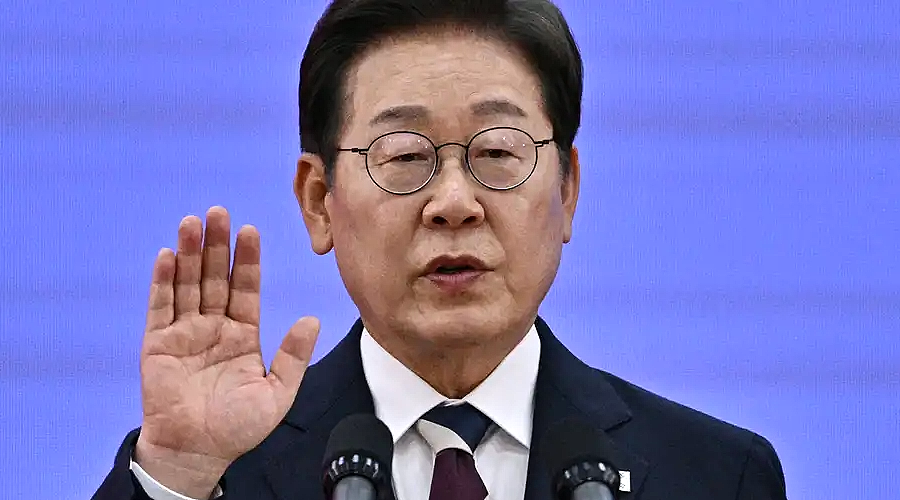
(Atsuhito Isozaki is Professor at Keio University, Japan.)
ADVERTISEMENT
ADVERTISEMENT






